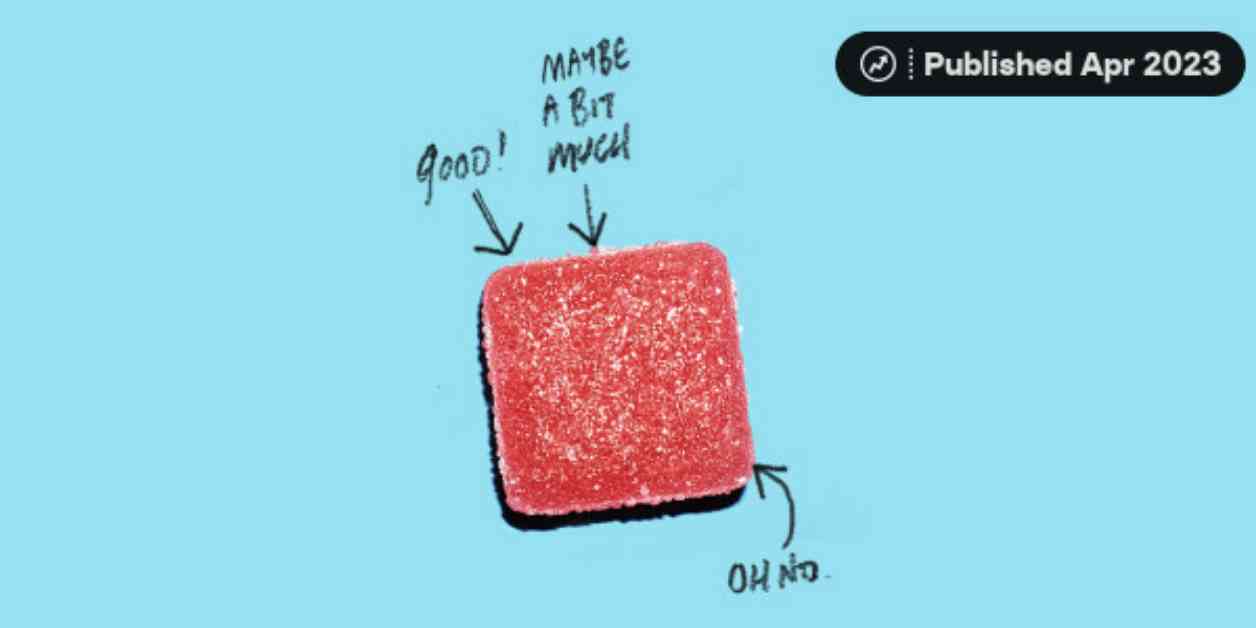Amber Herrin, a 19-year-old from Petal, Mississippi, shared her experience with edible overdose after consuming three edibles with a friend at the age of 17. She described feeling panicked and fearful, also known as “greening out,” and had symptoms such as dizziness, weakness, paranoia, and anxiety. Herrin realized she should have done more research on proper dosages before trying edibles.
Edible overdose or poisoning can result from consuming too much of a cannabis product, causing various symptoms like the ones Herrin experienced. The active ingredient in weed, THC, can lead to not only a high but also psychological reactions such as fear, panic, or depression. With the increasing legalization of cannabis, cases of cannabis toxicity may lead to more hospital visits.
A study conducted in Canada found that individuals who reported using cannabis were more likely to have ER visits or hospitalizations compared to non-users. Additionally, research showed that college students tend to smoke more on April 20, a day celebrated by weed enthusiasts. In some cases, marijuana celebrations on 4/20 have resulted in numerous emergency room trips.
Understanding proper dosages is crucial when consuming cannabis products. Most legally purchased cannabis products list the THC content, but it can be challenging to determine the amount in homemade edibles. For first-time or infrequent users, the likelihood of experiencing uncomfortable effects is higher. Starting with a low dosage of THC is recommended to avoid adverse reactions.
Different methods of consuming cannabis, such as smoking, eating, or drinking, affect how the body absorbs THC. Edibles can take longer to show effects compared to smoking, potentially leading individuals to consume more, resulting in an overdose. Symptoms of an overdose include confusion, anxiety, paranoia, fast heart rate, and hallucinations.
In cases of cannabis overdose, seeking medical help is crucial, especially for individuals with underlying medical conditions. THC can amplify symptoms of psychiatric disorders, so it’s essential to get emergency care when necessary. Although cannabis toxicity typically improves over time without medical intervention, extreme cases of paranoia may require hospital observation.
To prevent overdose and medical emergencies, it’s important to keep cannabis secured and out of reach of children. For individuals experiencing anxiety from cannabis use, creating a low-anxiety environment, practicing meditation, and reaching out to a friend for support can help alleviate symptoms. Additionally, services like the Too High Hotline provide educational resources and emotional support for those in need.
Overall, understanding proper dosages, recognizing symptoms of an overdose, and seeking medical help when necessary are essential when consuming cannabis products. By following safety guidelines and being aware of potential risks, individuals can enjoy the benefits of cannabis while minimizing the chances of adverse reactions.


















